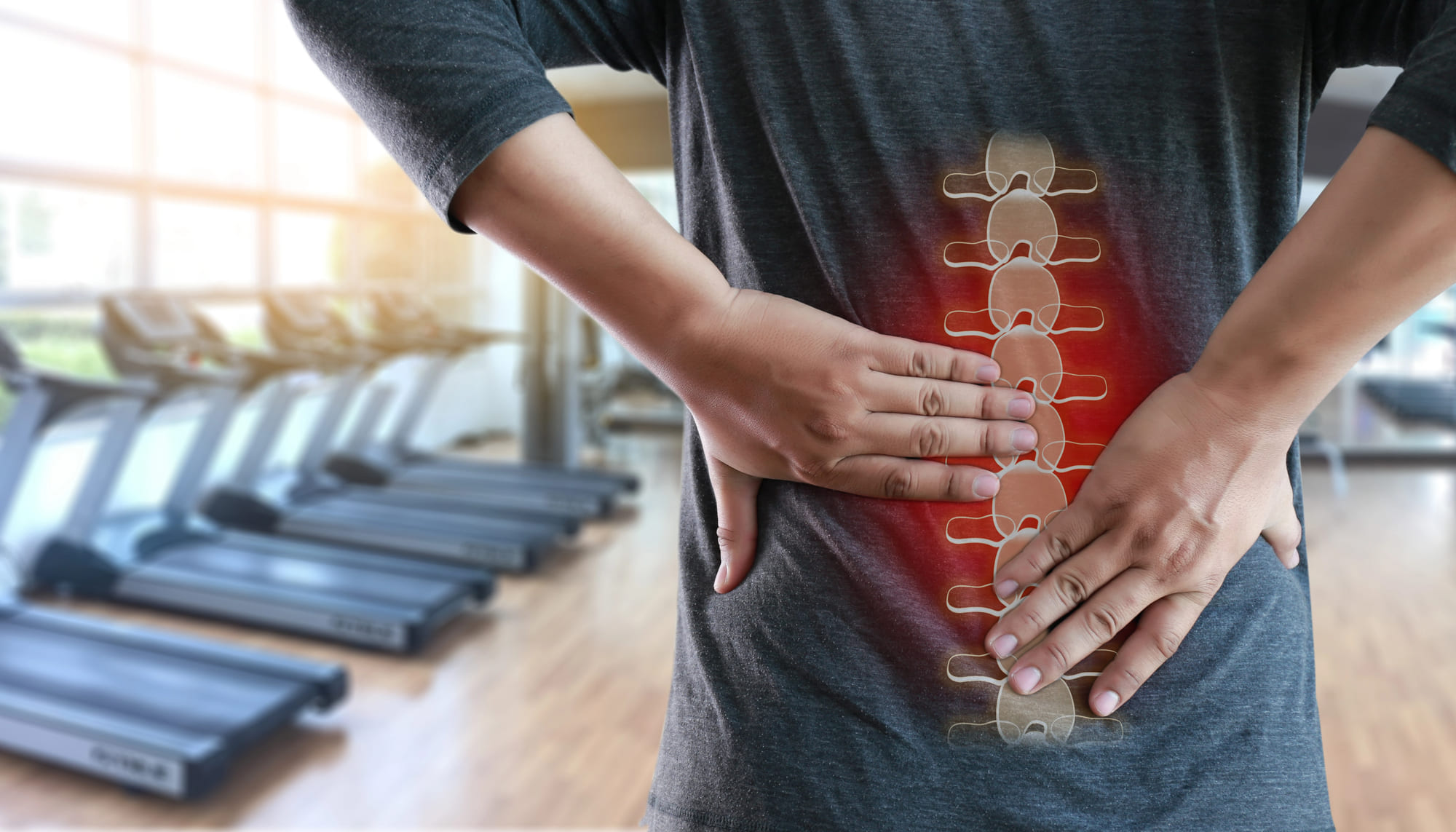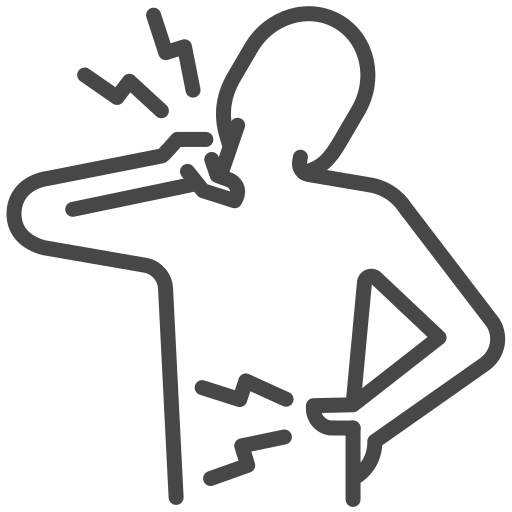Back pain can manifest itself in many different ways. As the leading cause of disability worldwide, back pain ranges from a mild muscle ache to shooting, burning or stabbing pain. Most back pain can be treated without surgery, but in severe cases surgery may be required.
The expression of back pain determines the method of treatment. A common cause of back pain is muscle or ligament strain induced by a sudden movement or repeated heavy lifting. In most cases, pain is resolved with rest and mild pain medication. Arthritis is another common cause of back pain that can present itself with the wear and tear of aging. If pain persists over a period of several weeks and does not get better with rest, it may be time to see a doctor.
When back pain worsens to the point that pain radiates down your legs, this may be a sign of a spine condition. Sciatica is a common spine condition that sends pain or numbness down the side of the leg, typically concentrated to one side of the body. The pain is most often caused by a herniated disc in the spine that compresses a nerve. Mild cases of sciatica typically go away with time and rest, but more serious cases with pain lasting longer than a week may require more aggressive forms of treatment.
Disc herniations and radiculopathy (pinched nerve) are additional causes of back pain with radiating pain. Herniated discs are discs in the spine that “spill out” of their lining causing pressure on the spinal cord or spinal nerves. The compressed nerves cause numbness, tingling, or even sharp pain to shoot down the lower back and legs. Radiculopathy is caused by irritation to a nerve root exiting the spine. Nerves are responsible for pain and sensation and when they are damaged or compressed, pain or numbness occurs.
The lower back is a common spot for pain due to the stress and impact it takes from everyday movements. The lower back is where the spine and pelvis connect, bearing the majority of weight from the upper body. This area also contains fewer vertebrae than the neck and mid-back, making it a more susceptible to pain. To prevent back pain, here are some practical steps to take:
- Eat a healthy diet and get plenty of exercise.
- Strengthen the muscles in the lower back.
- Maintain a healthy weight.
- Quit smoking.
- Rest from strenuous activities if they cause discomfort or pain.
Avoid motions that are painful or cause stress to the lower back. This coupled with a healthy diet and exercise will help to prevent back. If you have questions about your back pain, visit https://jaffesportsmedicine.com/.














